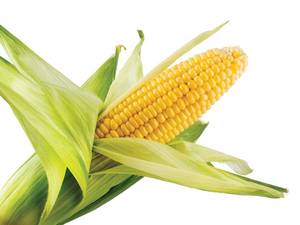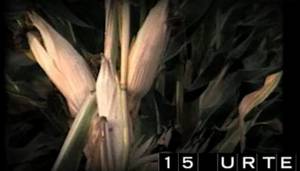GMOs also in 2014
2014/01/10 Galarraga Aiestaran, Ana - Elhuyar Zientzia
In the list of scientific topics that will be news in 2014, the journals Nature appear for the first time transgenic monkeys. It seems that there are several research groups trying to make transgenic primates, especially to investigate diseases of the immune system and the brain. And it is that mice are not suitable models to investigate these diseases, so the creation of models close to our species can be an important step in obtaining new treatments for human beings.
However, the writer warns that the creation of transgenic monkeys can provoke ethical doubts. In fact, the regulations on animals used in research are very strict and primates are especially protected.
In any case, GMOs generate a much greater debate on food than on research and health. Proof of this is the revolt created at the end of the year on the occasion of Seralini's investigation. The account started a year earlier. In September 2012, an investigation published by researcher Gilles-Eric Seralini in the journal Food and Chemical Toxicology raised great concern. According to this study, transgenic maize authorized in Europe for human feeding causes tumors in rats and considerably shortens their life expectancy.
The results were worrisome: the research lasted two years, in which all rats fed with transgenic corn died 2-3 times before those of the control group. They developed a breast and pituitary cancer with strong alterations in the hormonal system. In rat males, the liver was the most affected organ and had 4 times more tumors than control ones.
However, the EFSA, the European agency responsible for food security, immediately announced that the research presented major methodological errors, and many other researchers affirmed the same. However, the journal did not take measures until a year later. In fact, last fall, the editor of the magazine sent a letter to Seralini requesting the withdrawal of the article. In case of not attending to the request, the magazine itself warned him that it will withdraw.
Seralini maintained his work and denounced that after the request for withdrawal of the article was Monsanto, producer of transgenic corn. Numerous statements were then published in favor and against, but at the end of the year the magazine withdrew Seralini's research.
The issue showed that, when treating transgenic foods, science and market are often confused. The seraline himself, for example, along with scientific reasons, used Monsanto's alleged pressure to support his research. And although this question is closed, it does not seem to be the last time arguments are mixed from one side and another.
In 2014 we will have the opportunity to see if this vision is correct. Among others, the first transgenic animal destined for human consumption is ready for commercialization: AquaBounty salmon. The producer is American and still does not have the approval of the FDA food and drug agency, but in November he obtained the authorization to raise salmon eggs in Canada and hopes to obtain the marketing authorization this year. And in Europe there will surely also be news related to GMOs.
Published in the newspaper Berria.

Gai honi buruzko eduki gehiago
Elhuyarrek garatutako teknologia





